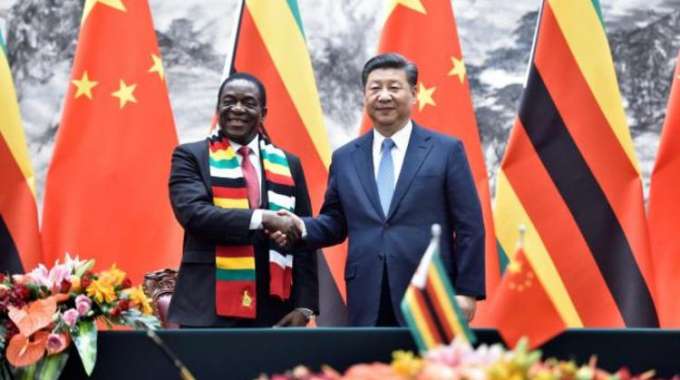Source: Time for business to take lead in Africa | The Herald April 24, 2018

The business world is changing and those who do not stay ahead of the curve are sure to be left behind. It is no longer sufficient to take a profit-first business approach: not only is it not sustainable for the long term, but consumers at all levels are now demanding that the business world develop a conscience.
Government regulations are slowly following suit, outlining development criteria to begin this critical shift – but is this enough?
The Shared Value business model is the key to unlocking the business growth and profit in addressing social issues.
By identifying challenges that intersect with the business’ purpose and then integrating solutions into the business’ operations at every level of the value chain, doing good becomes part and parcel of doing good business.
In essence, Shared Value reconnects the business agenda and the social agenda, intertwining profit and progress.
Corporate social responsibility has become entrenched in our public mindset.
Business, having played a role in creating some of the challenges faced by society and the environment today, is now expected to lead the charge in facing and solving them.
The instinctive response is often external policies – good works that rely on allocated resources, often as ephemeral as the feel-good PR they generate.
This has its place, of course, but in order to make a real change, business must rewrite its strategic DNA.
This is not about ticking a box, doing just enough to get by.
This is about going above and beyond to set new standards and embedding the profit with purpose model in the core business strategy.
This approach is at the centre of the 2018 Africa Shared Value Summit, taking place from May 24-25 2018 at The Maslow Conference Centre in Sandton, Johannesburg.
The summit brings together business thought leaders, executives and change makers, including keynote speaker and co-author of the ground-breaking Harvard Business Review article that first outlined the Shared Value strategy, Mark Kramer, to share insights from their business’ Shared Value journey.
Headline sponsor Absa is just one of the notable businesses throwing their weight behind the summit – other sponsors are Nando’s, Old Mutual, Enel, Discovery, Woolworths and the World Food Programme.
The programme features highlight speakers from across the African continent, sharing insights and case studies that focus on the implementation and impact of Shared Value – and how it can align business to the achievement of the UN Sustainable Development Goals.
Zimbabwe has over the last few months taken bold steps to repair the economy, telling investors it is “open for business”.
Years of isolation and economic sanctions have left Zimbabwe’s once-rich sectors in complete disrepair.
President Emmerson Mnangagwa has been spearheading a shift in the mindset of the people – from “hard nationalistic politics” to a business approach aimed promoting economic growth and development.
“On my day of inauguration, I mentioned economics and trade cooperation would be my priority in Zimbabwe, rather than politics, in order to catch up with the region,” he said earlier this year at the Davos meeting.
“Zimbabwe has lagged behind in many areas as a result of isolation for the past 16, 18 years. Now we are saying to the world: Zimbabwe is now open for business.”
“To do so, we need to look at all the legislation that has been constraining business coming into Zimbabwe to improve the ease of doing business,” he said, citing the country’s land reform and indigenisation laws, which had forced international investors out of the country for many years.
Zimbabwe has already adopted a battery of measures to promote the ease of doing business and to fight corruption. – APO/The Herald.
COMMENTS